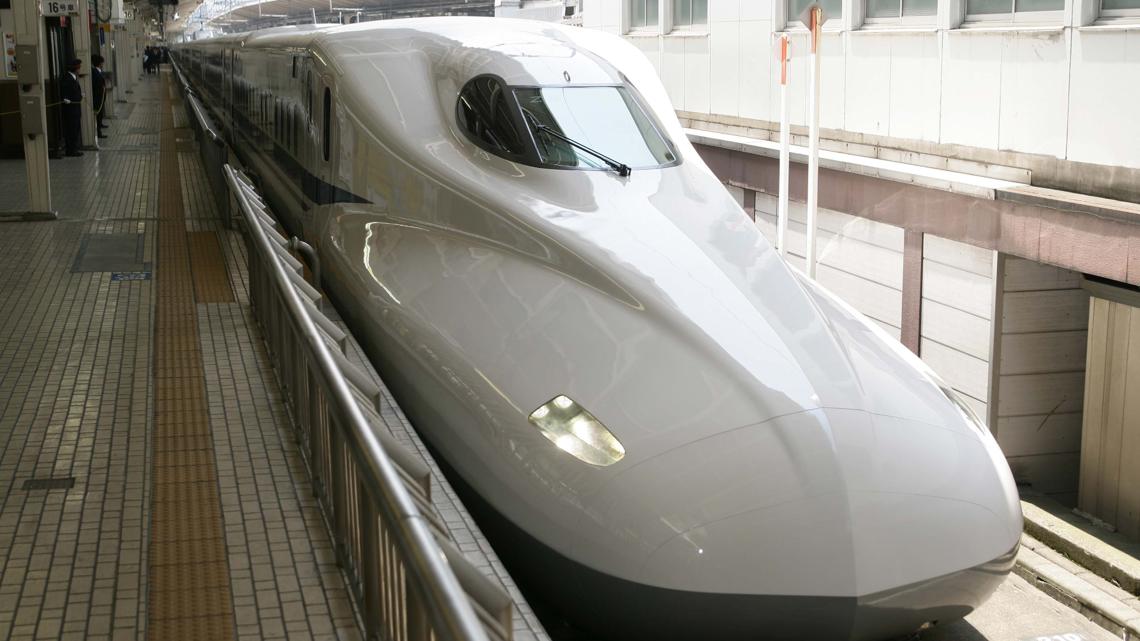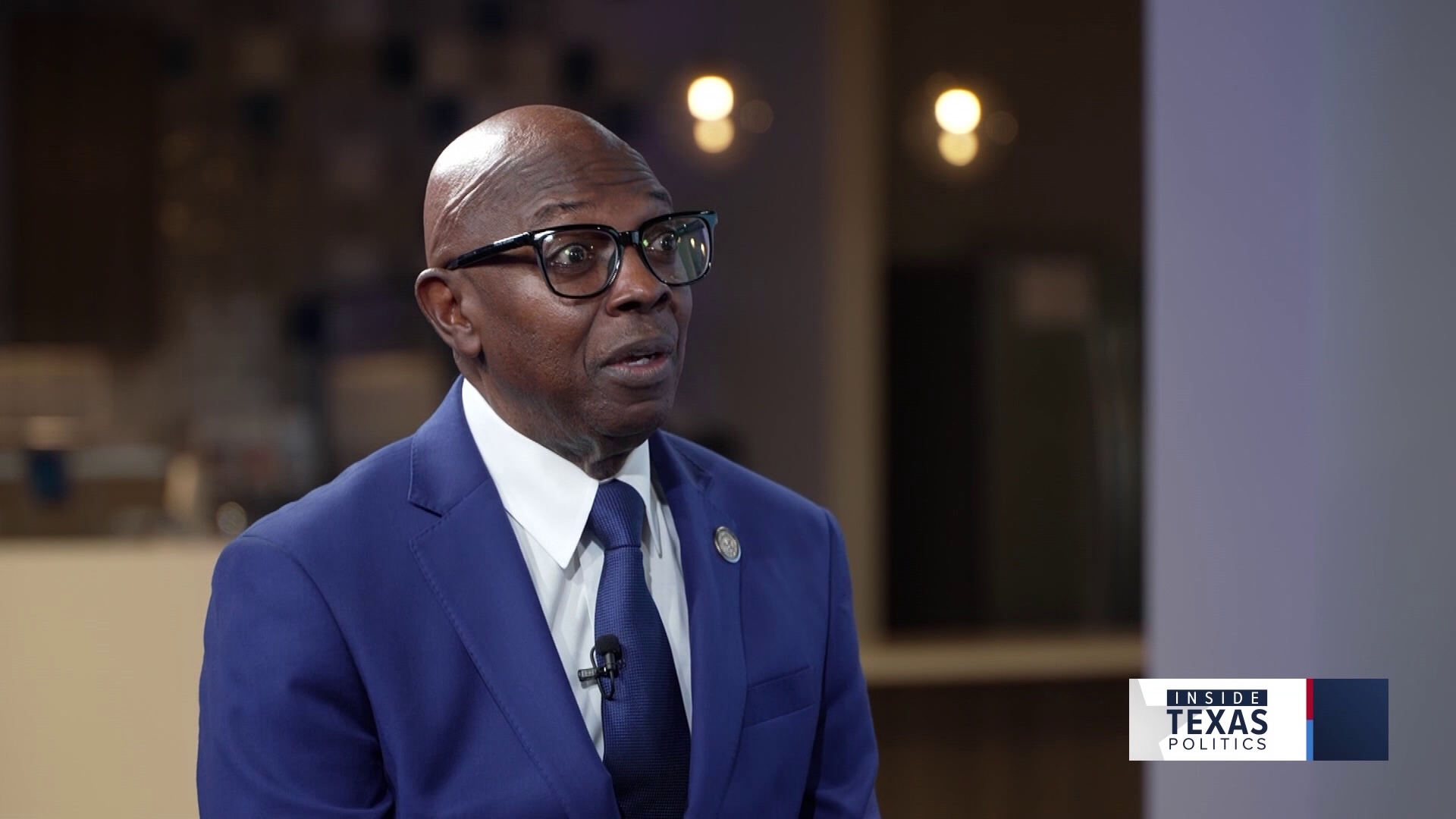DALLAS — Mayor Pro Tem Tennell Atkins defends city council’s decision last week to commission an economic impact study of a potential high-speed rail line between Dallas and Fort Worth.
“Right now, we’re just pausing the brakes to look at an economic study – the pros and cons [of whether to construct a high-speed rail line]. We’re looking at what’s best for Dallas – not for Fort Worth or Arlington. What is best for Dallas and what is best for the development in Dallas,” Atkins said on Sunday’s Inside Texas Politics.
When asked what the economic study might reveal, Atkins said: “I don’t know. You look at other countries in Europe, Dubai, London – whatever other cities have high-speed rail, it does have an economic impact on hotel stays, restaurant [visits] and people transitioning. But most of the time when you have high-speed rail it generally goes to the airport and back to the major city.”
Dallas and Fort Worth are already connected by rail with the Trinity Railway Express – known locally as the TRE. The commute by car between the two cities on Interstate 30 takes about 40 minutes.
High-speed rail has been discussed in Texas for decades but it came more into focus after Texas Central Rail launched efforts to build a high-speed rail line between Dallas and Houston.


Though land for that above-grade rail line was identified, the project never got the private financing necessary to break ground. Amtrak is the latest partner now considering whether it can make high-speed rail feasible in that I-45 corridor.
However regional leaders at the North Central Texas Council of Governments proposed extending a potential Houston to Dallas line over to Fort Worth with a stop in Arlington.
Dallas hit the brakes last week after a shocking warning that the tracks might force developers to "sacrifice" the city's iconic Reunion Tower, on the west side of the skyline.
Fort Worth Mayor Mattie Parker said the economic feasibility study Dallas is commissioning “is not a unilateral decision.”
“High-speed rail is an integral part of our transportation future and it will include Tarrant County,” she said in a statement. “We have the opportunity to build the first high-speed rail network in the United States. Texas is the eighth largest economy in the world with no signs of slowing. As leaders, it is our responsibility to act with the visionary leadership needed for the soon-to-be third-largest region in the nation and home to 12 million people. Fort Worth is the 12th largest city and will have a seat at the table to position the project for success.”
When asked how likely it is that high-speed rail might eventually connect Dallas and Fort Worth, Atkins told Inside Texas Politics: “We are Dallas and Dallas is an international city. You never can tell.”
Councilmembers face several more significant decisions in the coming months including where Dallas will get the money to fund the city’s police and fire pension system. Atkins said funds would likely come from cuts to city services or an increase in property taxes.
Council also has to select a new city manager to run day-to-day operations in the city after T.C. Broadnax moved to Austin.
Atkins was asked whether interim city manager Kim Tolbert would eventually get the job.
“That’s a difficult question to answer. I am the chair of the Ad Hoc Committee of Administration. We’re going to have a search. She put her name in the hat. We’re looking for all the best candidates in the world. We want a candidate who can come in to run the ship. Does she have an opportunity? Yes, she’s got a good opportunity but right now we’re looking at all candidates,” Atkins said on Inside Texas Politics.
A decision, he added, will likely be made by “hopefully the first part of next year.”
Watch the entire unedited interview with Dallas Mayor Pro Tem Tennell Atkins.

